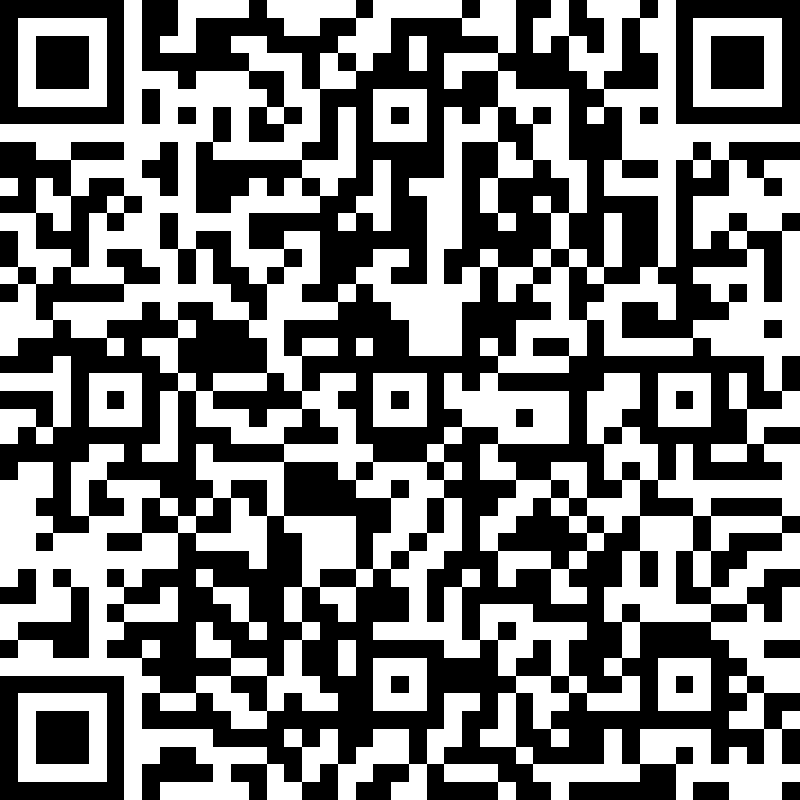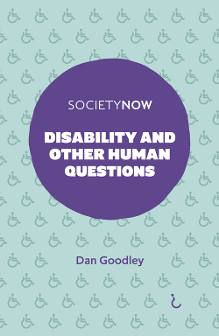Click on title to go to full text
Forgotten People, Forgotten Places – Editorial
Angharad E. Beckett and Anna Lawson
Human Rights Bulletins
Jonas Ruskus (at time of writing Vice Chair of the UN CRPD Committee)
Eric Rosenthal, Halyna Kurylo, Dragana Ciric Milovanovic, Laurie Ahern and Priscila Rodriguez (Disability Rights International)
Articles
Ciara Brennan, Niamh Lally, Patricia O’Brien and Catherine O’Leary
Julia Bahner
Meaghan Reitzel, Briano Di Rezze, Lori Letts and Michelle Phoenix
That Sinking Feeling : People with Disabilities in Hospital Wards
Noa Tal-Alon, Nitsan Almog and Michal Tenne Rinde
Book Review
Disability and Other Human Questions by Dan Goodley (Emerald Publishing, 2021), 145pp.
Greg Hollin
Feedback
Do you have any general feedback on this issue of our journal? If yes, here is our feedback form: CLICK HERE or you can use the QR code that appears above/to the right/below this text (depending upon which browser or device you are using).

The Digest
Book Review Short

A short book, written for a popular audience, and that would be suitable for undergraduate modules in both Disability Studies and across the social sciences more generally. The book is structured around six questions: ‘What brings us to disability and other human questions?’ (Marxism, a distaste for mainstream psychology, and familial connections is the answer for Goodley); ‘Who is allowed to be human?’; ‘What is human desire?’; ‘Are human beings dependent?’; ‘Are we able to be human?’; and ‘What does it mean to be human in a digital age?’
Goodley proposes that disability is ‘the phenomenon to think again about these very human qualities’. Whilst he does introduce academic literature when thinking about these human qualities, it is years of work with disabled activists – activists who are discussed alongside deeply personal stories from his own life – that primarily guide Goodley’s thinking. The result is an enlightening and enjoyable read, although regrettably the price of the book is likely to be a barrier for some readers.
| Greg Hollin
